The return pump for marine aquariums is absolutely necessary, but many aquarists make the wrong choice when selecting the best make and model for their tank.
We wrote about this many years ago, and today we’d like to revisit the topic and explore some new concepts that may help you. You still can read the old article here on DaniReef; it focuses on calculating the flow rate.
The role of the return pump
The return pump feeds water into the filtration system, or the skimmer, which is traditionally located in the sump, underneath and connected to the reef tank. All the water coming from the aquarium should be filtered by the skimmer before being returned to the tank.
The return pump also helps oxygenate the entire system, though the majority of that work is done by the skimmer.
The first big mistake aquarists make is choosing the return pump based on the volume of the aquarium. This doesn’t lead to better filtering, and often results in using more energy than necessary to bring the water from the aquarium to the sump and back to the aquarium.
Unfortunately, not all sumps are well-built, and some lack a separation baffle between the space for the skimmer and for the return pump; these are not ideal. Lately, skimmers with low drains are in fashion, but these don’t really exploit the full benefit of the sump and electric current. Full confession: I have one of these skimmers, the Vertex Omega 180i. But skimmers with an high drain can take the water directly from the main compartment of the sump and then drain the treated water into the return pump’s compartment in the sump. In this way, the entire process is optimized, and we can set the return pump perfectly.
Oversizing the pump and filtration: some considerations
Many aquarists believe that bringing more water into the sump helps the aquarium system. That is nonsense; between the skimmer and the return pump, it is the former that determines the system’s operation.
Undersizing of the pump and filtration: some considerations
Other aquarists use a return pump that is less powerful than it needs to be. That’s not a good idea, because if the sump was “treated“ at a higher speed there would be a depletion of the pollutants in the sump.
The skimmer would work worse and with a bigger effort.
And with time it would stall because it would have too much clean water in the sump (in certain limits) and if even the little water drained in sump was perfectly treated, we would have a sump system similar to having a too-large skimmer, limited by the range of the return pump. It’s not so easy to understand, but I hope it’s clear enough. If not, feel free to ask in the comments and I’d be glad to explain better.
In a simplified way, if we had a skimmer more powerful than the pump we would end up using it under its possibilities. It’s necessary to over estimate the range of the return pump from a minimum of 20% to a maximum of 50% of the real values.
The choice of a return pump
Now we have to choose our pump, which starts with considering our skimmer. How many gallons does it treat? Which type of drain does it have?
We increase the range of our skimmer of 20%, so we’re sure that all the water will be treated. 10% is enough for a skimmer with a high drain and a partitioned sump.
Now to decide which pump will have the range we need.
In the next week, we will analyze some pumps. We will also update our excel file so you’ll have a simple and easy instrument for your researches.
So, in order to choose the perfect return pump:
- We must determine the real range of treated water of the skimmer;
- This value has to be increased from 10 to 50% to be sure, depending on the construction of the sump and the drain of the skimmer;
- We must find a return pump able to circulate that water volume.

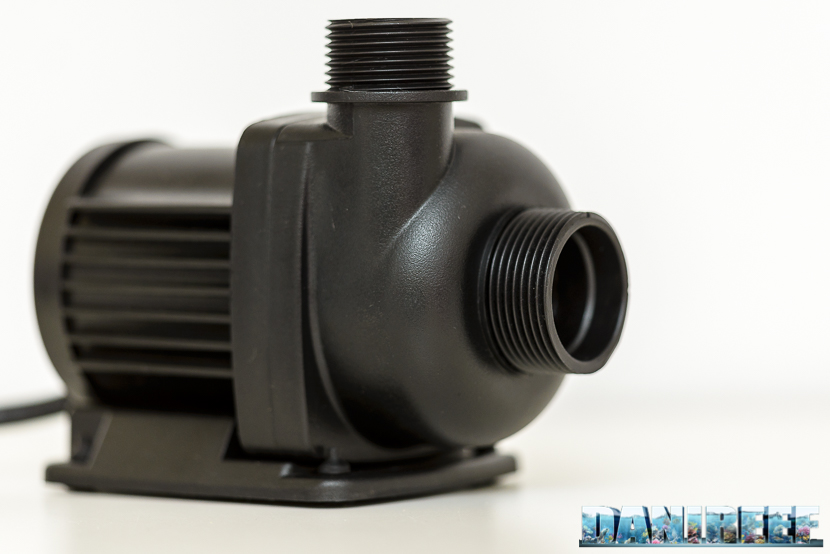
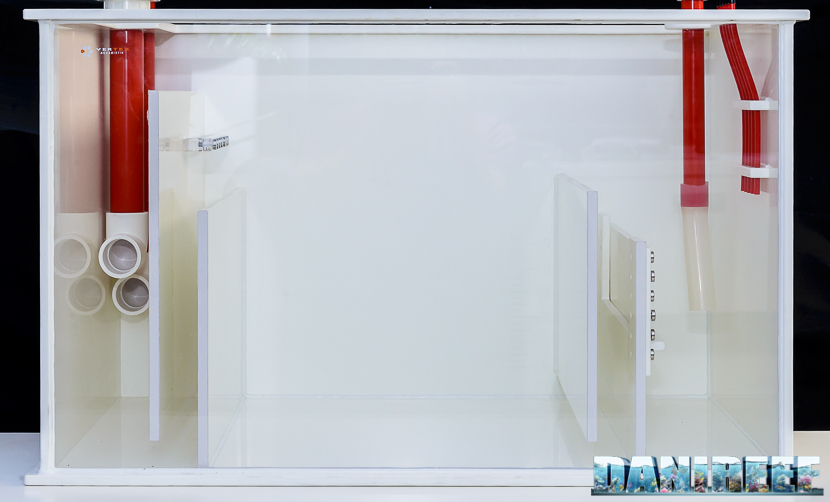
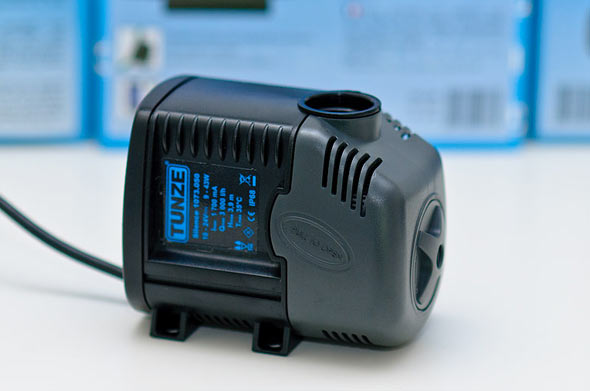
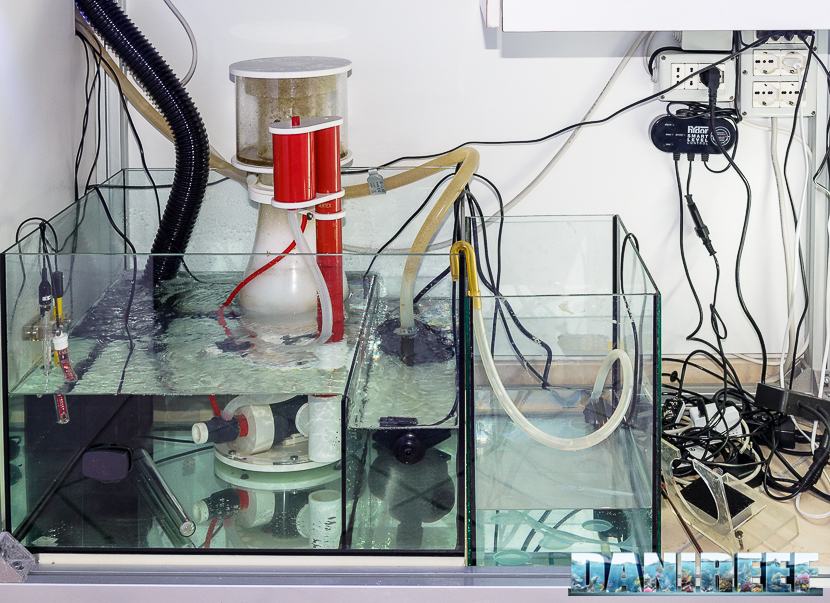
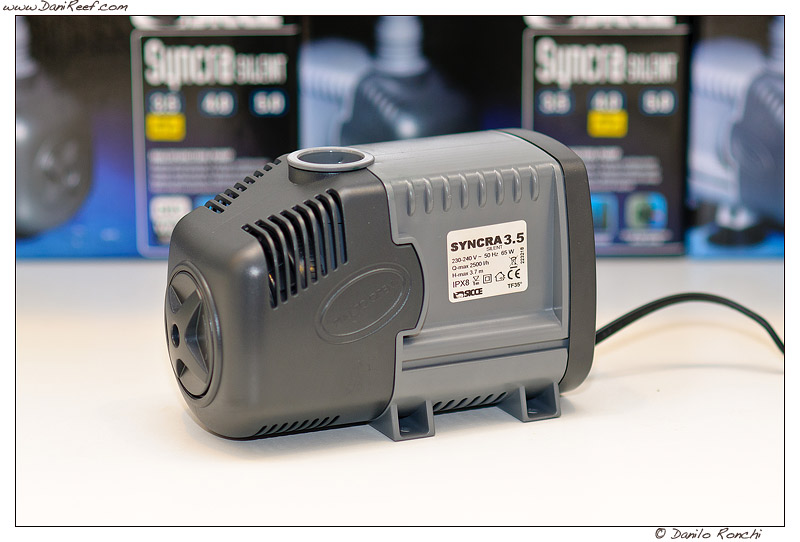
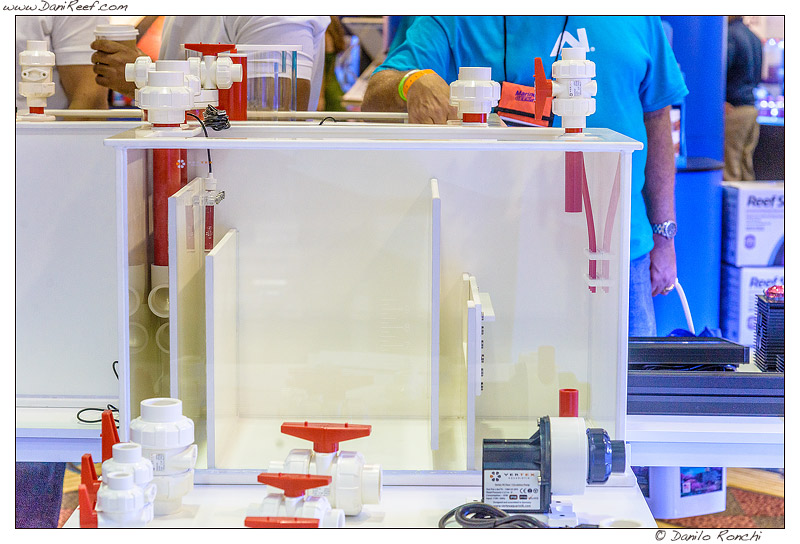
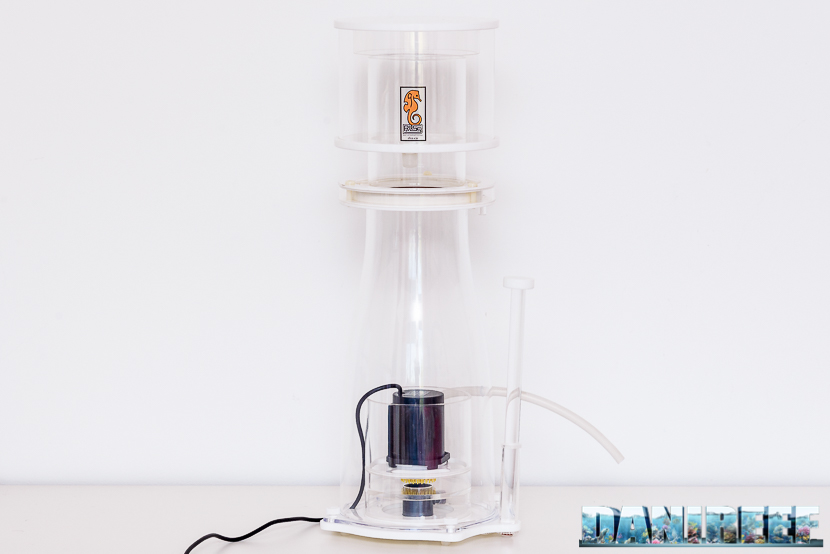
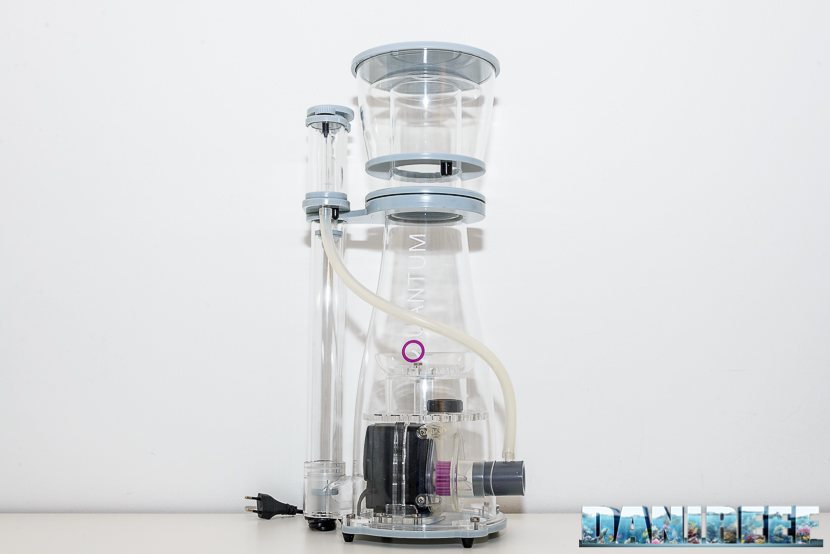
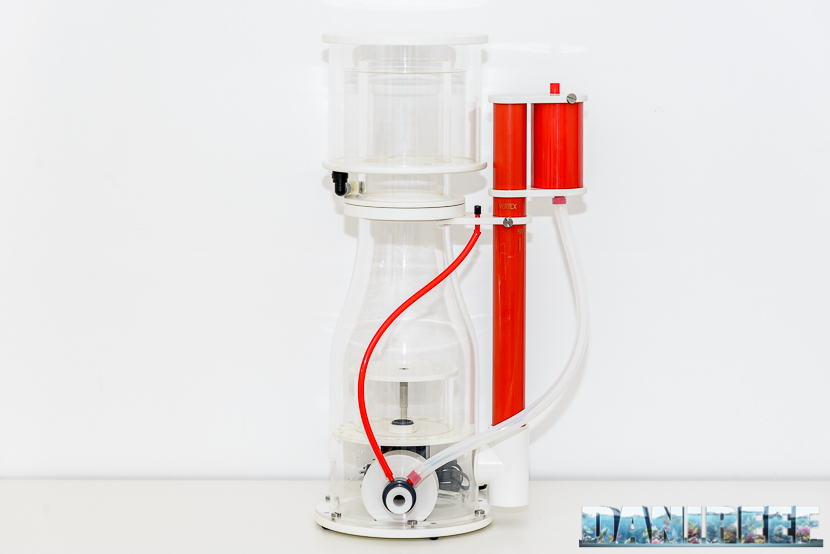
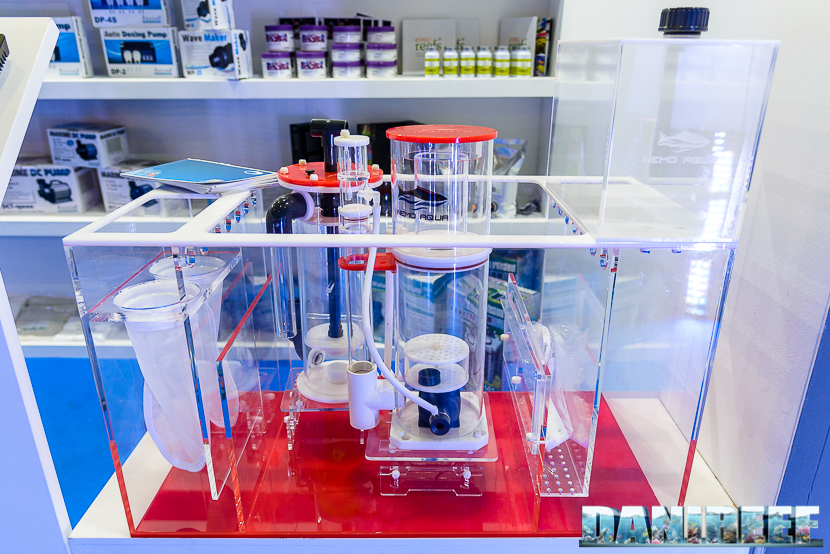
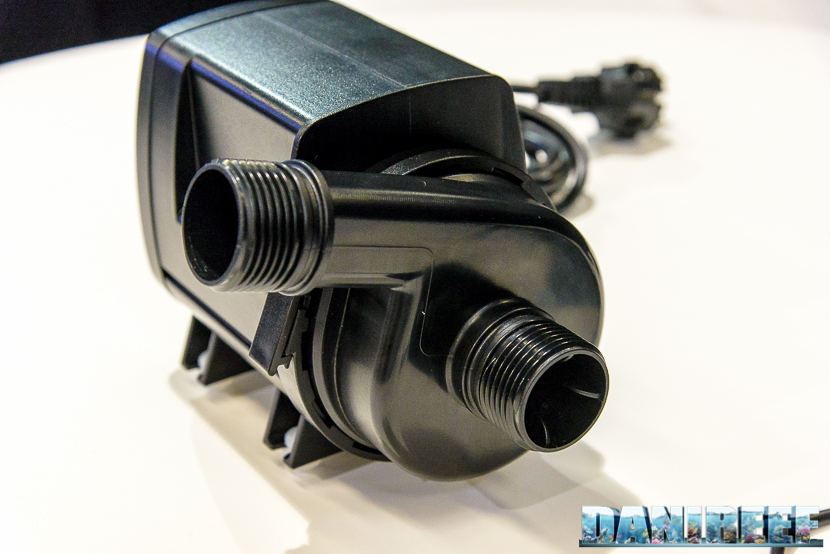
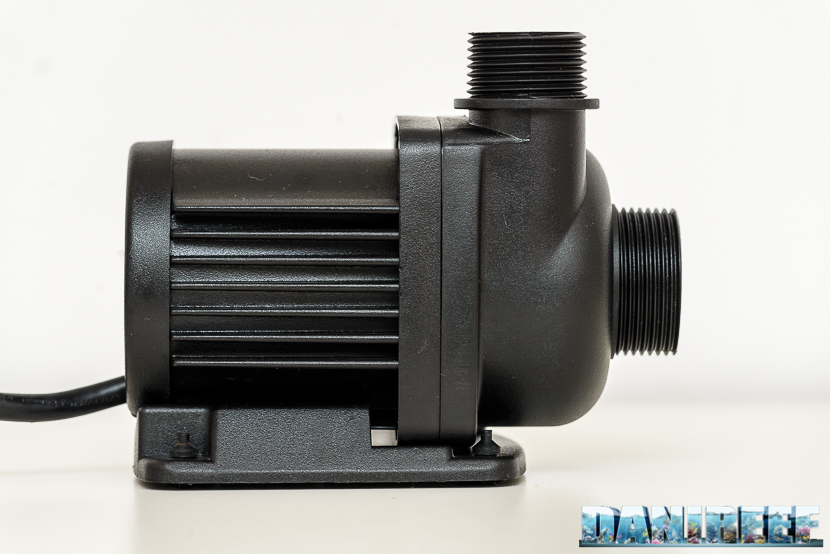
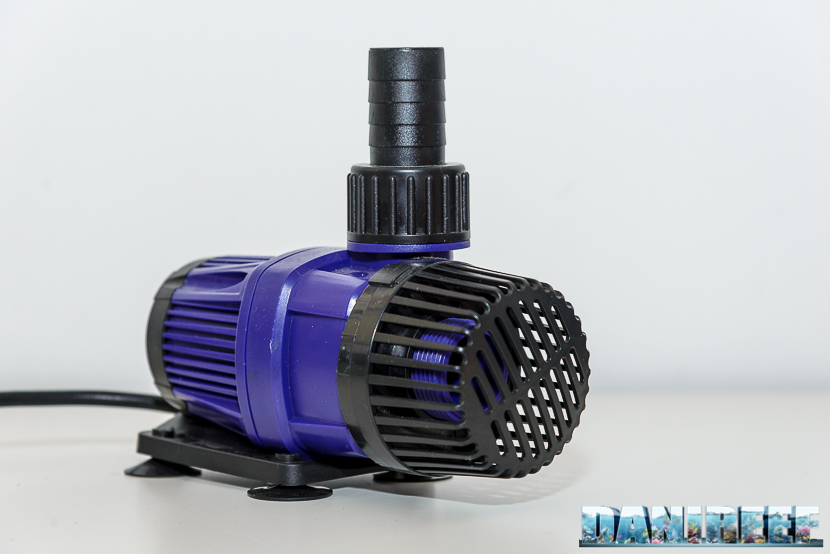
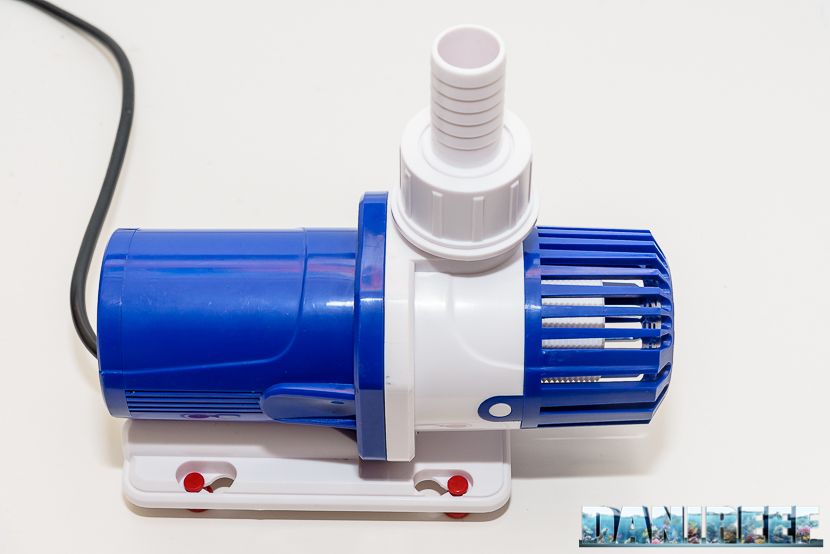







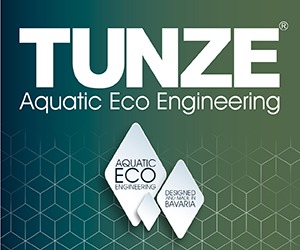
Buona sera su questo schiumatoio(Tunze 9410.000 Doc Skimmer per Acquari Fino a 1000 Litri) che pompa di risalita mi consiglierebbe considerando circa 1metro e 20 tra sump e vasca la ringrazio anticipatamente
Ciao Mino, puoi seguirci su DaniReef se preferisci e magari sul nostro forum, accessibile dal portale, dove possiamo analizzare meglio il tuo acquario. Detto questo sul sito Tunze dicono che il 9410 abbia una portata fino a 1200 litri ora. Per cui dovrebbe prendere una pompa che le consenta uno scambio più alto di quello.
Secondo me dovresti cercare pompe sui 4.000 l/h di portata, e poi verificare su questo sito se il valore viene verificato: http://www.danireef.com/2017/04/21/calcolo-della-portata-della-pompa-di-risalita/